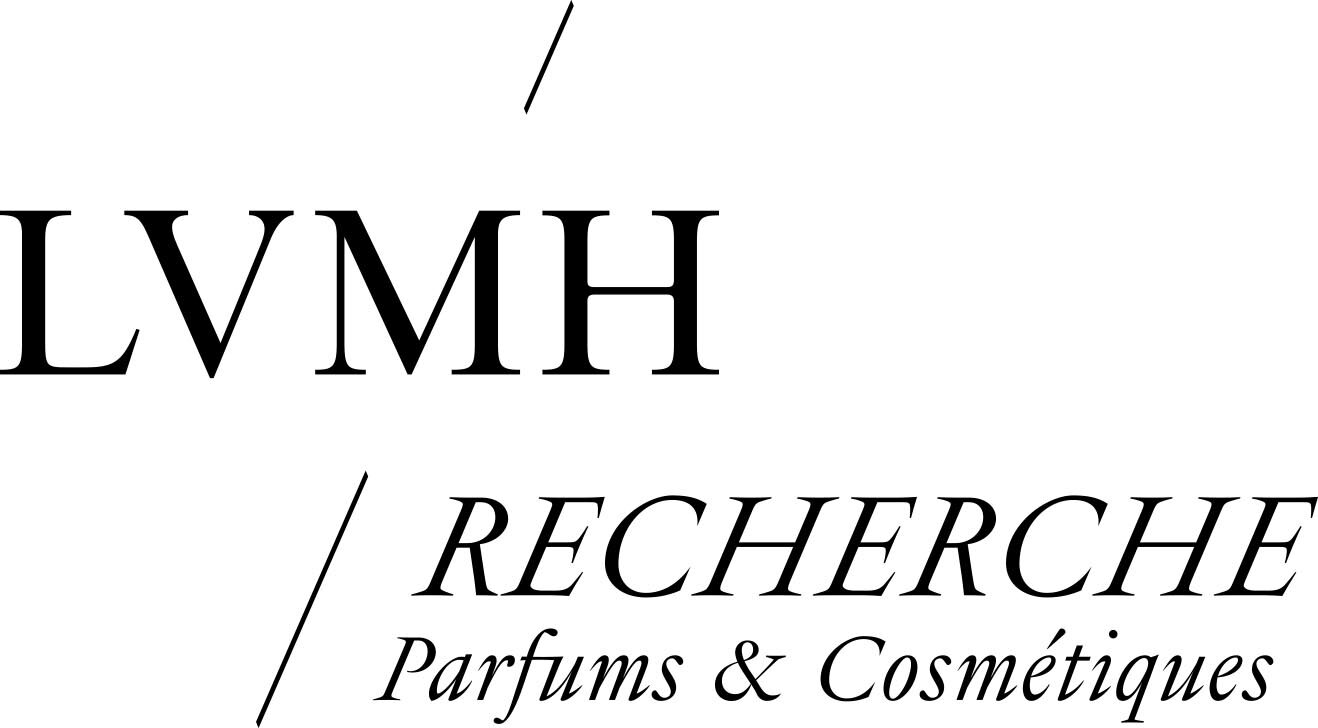Léa Mazzina, Former Responsible Sourcing Manager, LVMH Recherche Parfums et Cosmétiques (from 2018 to 2022)
LVMH Recherche Parfums & Cosmétiques on the way to ethical sourcing for luxury brands
In 2019, LVMH Recherche Parfums & Cosmétiques, the research and innovation centre for the multinational conglomerate specializing in luxury products, decided to join the Union for Ethical BioTrade (UEBT). The motivation was simple: to select great partners that could help them on their continued journey to become a world leader in sustainability. We spoke to Léa Mazzina, Responsible Sourcing Manager at LVMH Recherche who oversees responsible sourcing and biodiversity strategy.
UEBT: LVMH is the world’s largest luxury goods conglomerate. Through its Research & Innovation centre, LVMH Recherche Parfums & Cosmétiques, the company decided three years ago to join UEBT. What prompted this action?
Léa Mazzina: Despite the complexity of our organization and our very substantial natural ingredients portfolio, several thousand sourced from all over the world, we at LVMH Recherche saw UEBT membership as a unique opportunity to involve different entities of LVMH Parfums & Cosmétiques – including Sourcing, Sustainable Development, Purchasing, Data Management, Regulatory, etc. - around a common goal: Make LVMH Parfums & Cosmétiques a world leading player in areas of sustainability and responsible sourcing. This was what drove us back in 2019 to take that step. But before that, we were already working on improving our strategic supply chains in terms of sustainable development because it has always been a long-standing approach for LVMH Recherche. LVMH Recherche wanted to step up and structure its action towards responsible sourcing by joining UEBT.
So, this began the company’s commitment to formally engage its R&D teams on ethical sourcing. How did this help you to begin the work with your many luxury brands, or ‘Maisons’?
The LVMH Recherche raison d’être is to play a ground-breaking role and be always at the core of the continuous improvement process to allow our customers, the LVMH Maisons, to perform at the highest level. In terms of sourcing, UEBT membership was an opportunity to challenge our processes, define clear targets and timeframes, develop a common Ethical Sourcing System and promote good practices along prioritized supply chains. Through UEBT membership, we provide our Maisons with an additional effective tool that would enable them to work towards continuous improvement in their sourcing of ingredients over the coming years.
We work with UEBT in a trustful and transparent relationship to do our part in a very concrete and engaging way. It is our duty, as a world’s leading luxury brand group, to work for biodiversity conservation, regeneration of nature, promotion of ecosystems, safeguard of know-how, and empowerment of present and future generations of growers and beekeepers.
So, we are now three years later, and several of LVMH’s iconic brands, have also now formally joined UEBT including the Parfums Christian Dior, Guerlain, Fresh, Givenchy Parfums and Kenzo Parfums. Does this mean these brands have integrated biodiversity into their businesses?
What it means is that each one has committed to the principles of conservation and sustainable use of biodiversity that contribute to regenerative practices. Each Maison has developed its three-year workplan with the support of LVMH Recherche and UEBT. In addition, each Maison has prioritized a set of natural ingredients for independent field assessments and after each field assessment there will be an improvement action plan that the Maisons will contribute financially to.
You mention these independent field assessments. What specifically are these and what is their focus?
LVMH Recherche and each Maison have elaborated these work plans that set joint objectives in line with our corporate LIFE 360 program but also define their own strategy and specific goals for ethical sourcing. To improve our sourcing with respect for biodiversity and people, we did a substantial amount of work to first prioritize the natural ingredients of our large cosmetics & perfumes portfolio. Then, we initiated UEBT on-site assessments starting with all our strategic ingredients to identify improvement opportunities.
Our commitment is that the various stakeholders involved in the supply chain (our natural raw materials producers, our ingredients producers, LVMH Research and our Maisons) can participate in these UEBT assessments to become aware of opportunities for improvement and to become actively involved in those enhancements.
Why was it important for LVMH to work with an independent standard?
For us it was essential that these assessments are carried out by an independent organization such as UEBT. We also wanted the assessments to be in line with a credible and rigorous standard that was internationally recognised and developed in a multi-stakeholder process. Once each assessment has been conducted, we meet with the various stakeholders to jointly establish the improvement action plan. LVMH Recherche and each Maison work to help ensure the proper execution of the plans, to work towards an even closer and more sustainable collaboration with local producers, and play an active role in setting up local partnerships as needed.
Do you feel these actions are sufficiently ambitious? How will LVMH know when to ramp up actions further?
Because humanity stands at a crossroads regarding the legacy it leaves to future generations, LVMH and its partners have been taking action and we fully intend to go even further by partnering even more deeply with our long-standing partners as well as with new partners who wish to get involved in ethical sourcing. Our Maisons are also planning to have some of their strategic ingredients assessed by UEBT in the next few years.
It is crucial that when our customers use a LVMH product, they know that we are not only taking care of them but also the planet and the people who depend on it. We are committed to this, and we dedicate ourselves to it every day. For us, ethical sourcing is not a trend, but a real journey that requires a genuine commitment by stakeholders and a budget fully dedicated to the achievement of the set goals.
Léa Mazzina, Founder & CEO @ TERRA FRAGRANTIA and formerly Responsible Sourcing Manager, LVMH Recherche Parfums et Cosmétiques


